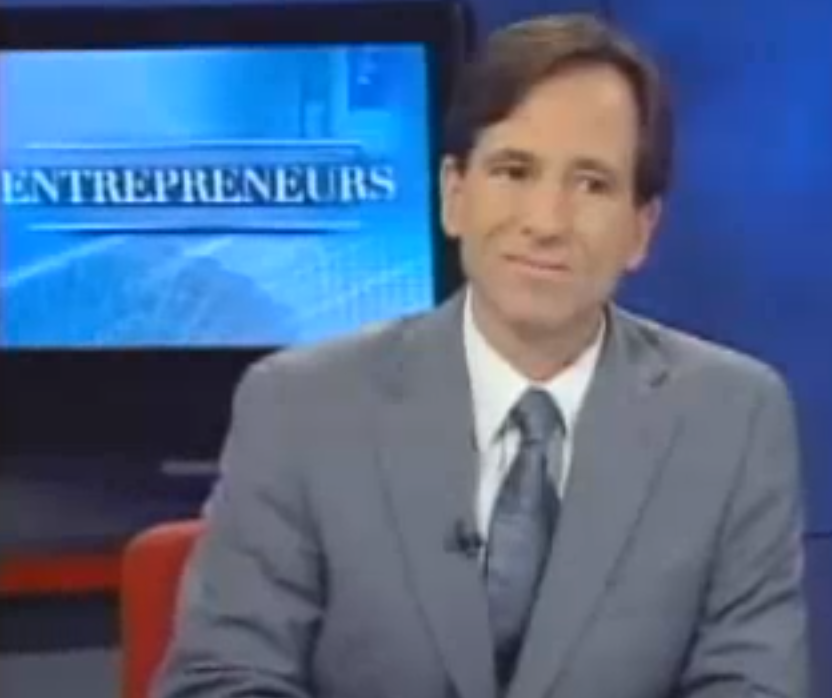Mel Baiada isn’t doing one thing. More than 10 years after founding a company that became one of the region’s biggest dot com era technology exits, his days are spent on a half dozen projects.
After working at RCA Government Systems in Morristown, N.J. and ADP in Mount Laurel, Baiada, 55, founded a consulting firm in 1989 that grew into Bluestone Software, offering enterprise technology to half of the Fortune 500. As CEO, he took the company public in 1999 and, though he later took a different role, was part of the team that sold to Hewlett-Packard in October 2000. By then the company had $11.6 million in third-quarter revenue and some 352 employees. (The company was worth $468 million when the HP deal was announced in October 2000 and just $350 million when the deal closed in January 2001)
After hope Bluestone would be a major part of a new HP software arm, the program fumbled and much of that direct, long-lasting regional impact faded away. But Baiada hasn’t. Over coffee, the man, whose full name is Paul Melan Baiada, shared what he’s working on today:
- South Jersey real estate planning with Grapevine Development — With his development company, Baiada is part of a 15-acre mixed use Haddon Avenue Transit Village. First ballyhooed in 2011, the more than $74 million project is still in development. “It’s certainly been a learning experience,” Baiada said dryly.
- Developing Basecamp Business calendar — Billed as an enterprise-level community calendar developed first with the Philadelphia tech ecosystem in mind, Baiada has aspirations of growing up this hobby project that he started in 2005 into a sustainable venture on its own. He’s retained a consulting firm to help think through the strategy, so wait for more in 2014, he says.

Mel Baiada - Investing with Basecamp Ventures: He’s not actively seeking new companies to invest in, but he is managing a small portfolio with the firm he started in 2000 backed by the first of his Bluestone wealth.
- Strategic consulting for Bayada Home Health Care — His brother Mark founded and runs Bayada (yes, he spells it differently to help with the pronunciation). Mel offers 20 hours a month or so to help learn and share.
- CoreDial and other boards: He formally advises several startups, including CoreDial, the Blue Bell cloud systems company in which he’s invested.
- Member of the board of trustees of Drexel University: He’s on the board of the university and specifically the school’s online learning program. In 2001, he made a substantial gift to Drexel that helped launch the Baiada Institute for Entrepreneurship, which he named after his father. He still visits the institute, now in the new LeBow building. and offers his experience there too from time to time.
It’s worth mentioning, given that his local tech community presence is likely best known for the Basecamp brand from his investments and calendar, that those companies have no affiliation to the popular project management tool of the same name from Chicago based design firm 37Signals. Though it’s confusing enough that a rebrand may come, Baiada’s company names predate that product name, so there’s never been any trademark issues, he said.
http://www.youtube.com/watch?v=Ks4ZLJKhc5A
When we met to catch up, he wore a sports coat over a crisp orange-checkered dress shirt, with short, nicely brushed hair on top of his small frame. Baiada is serious, with a tight-lipped smile that he shares judiciously.
After discussing what keeps his days active, conversation turns to the tech business community as a whole, considering how it’s changed since starting an IT consulting firm in 1989 in suburban South Jersey.
“There is so much more interest and activity today,” he said. “That should make you think: ‘How much of the entrepreneurship community is part of a social scene and how much of it is real business?”
How many of the technology businesses started today will last?
Look 20 years out: how many of the technology businesses started today will last?
To help increase that number, Baiada is toying with how venture capital and early-stage investing could stand to improve.
“For investors, the feedback loop is long and even when it does come, the feedback is being delivered from someone who wants their money,” he said. “An investor who wants to make the most money the fastest isn’t always the best investor for a business… We can do that matchmaking better than we do today.”







